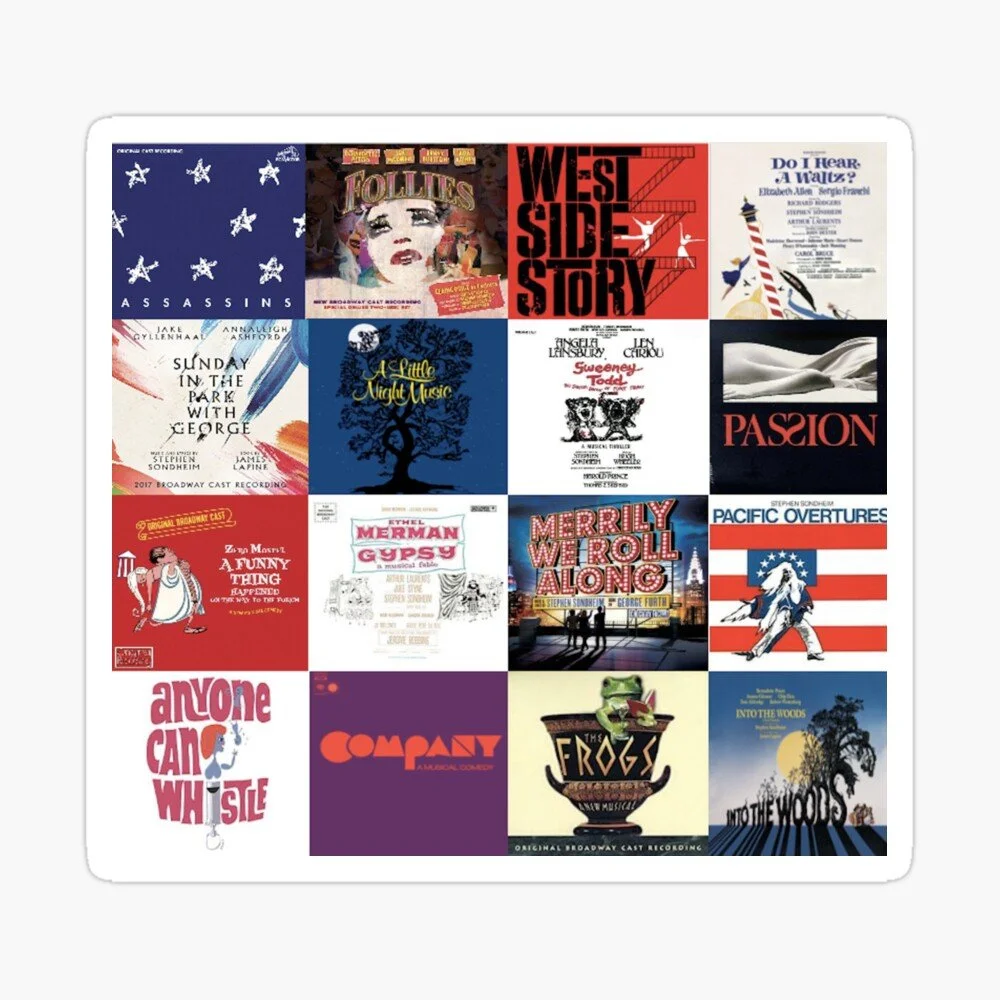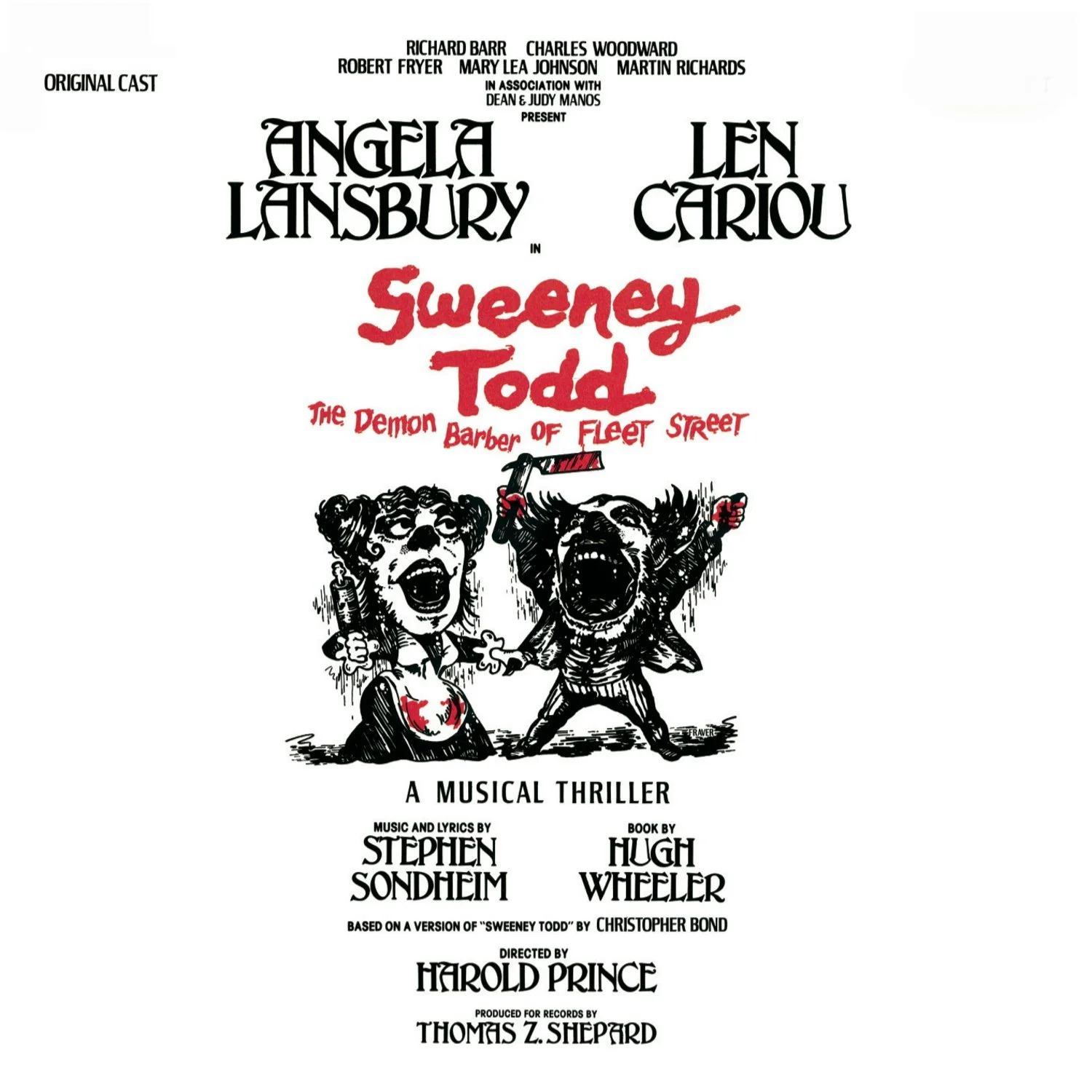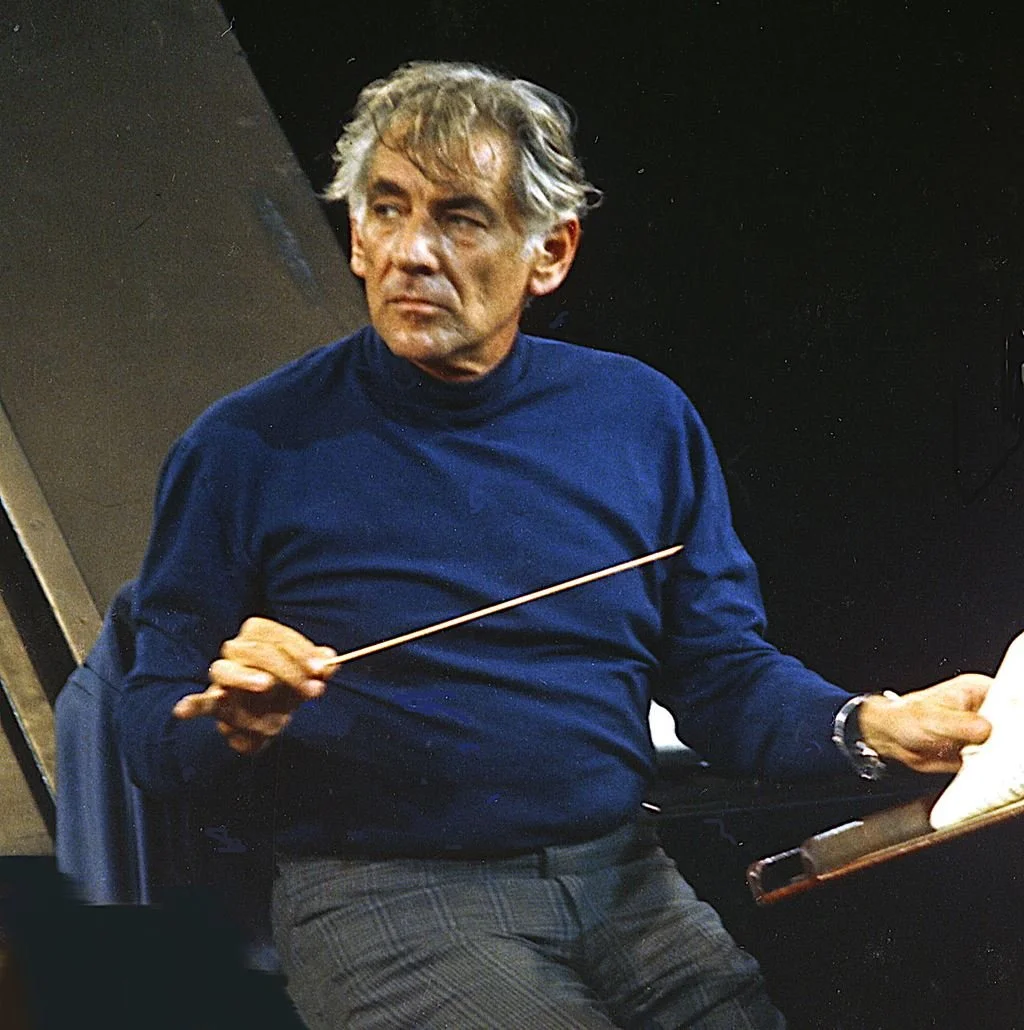WHY STEPHEN SONDHEIM SHOULD MATTER TO MOVIEMAKERS by Craig Hammill
When famed musical composer and innovator Stephen Sondheim passed away November 26th of last year, I vaguely knew of some of his musicals and his contribution to the theater and the arts.
Three months later, I find myself in awe of an artist who not only created some of the most important American innovations to an art form but also made sure to pass his knowledge on to students and the next generation in a very open, practical way.
I don’t know if you’ve ever done this but sometimes when someone dies, I seek out interviews on YouTube. Every now and then I fall down a rabbit hole of wanting to know everything about that person.
This happened to me with Sondheim.
In December and January, along with listening to his many great pithy interviews about how he was mentored by Broadway legend Oscar Hammerstein in his teens through to how he still struggles anew each time he takes on a new musical challenge, I was able to listen to the scores of his musicals via Spotify.
If ever there was a proof to me of the real value of the internet, this is it. That when we want to learn in a focused yet multi-dimensional way, we have a world class library instantaneously at our fingertips in a way unimaginable even fifteen years ago.
Stephen Sondheim as a lyricist and composer took the musical theater baton from Richard Rodgers and Sondheim’s mentor Oscar Hammerstein (the creators of such famous Broadway musicals as Oklahoma! ,Carousel, and South Pacific ). Rodgers & Hammerstein really injected the importance of story, throughline, character, and dramatic motivation into how a musical and individual songs are constructed, huge innovations from the wildly enjoyable frothy “revue” type musicals of Cole Porter and Harold Arlen of the 20’s and 30’s whose clever wordplay and toe tapping melodies really sought to entertain and delight (worthy goals on their own).
What Sondheim did along with collaborators like Hal Prince, John Weidman, and James Lapine, was to take this story and character motivated musical and experiment with non-linear storytelling (Company, Follies, Merrily We Roll Along), unusual topics for musicals like the American and Japanese collision of cultures and national interests in the 19th century (Pacific Overtures), and possibly most famously murder, revenge, and grand guignol gore in Sweeney Todd.
In a way, one could say that Sondheim is to musicals what Jean Luc Godard was to cinema. With the caveat that Sondheim always retained a deep reverence for and focus on the complexities of the human heart and character motivation.
Listening to Sondheim in interview after interview and masterclass after masterlcass generously and passionately explain his understanding of the rules and principles was a revelation to me. Sondheim never had children and often said that was his one big regret. But that his children really became all the collaborators and next generation artists who sought out his counsel. In a way, we are all so deeply in debt to a man so generous and understanding of how important it is to pass on knowledge so the next generation can build, develop, and innovate from it.
One of Sondheim’s most famous proteges, Lin-Manual Miranda, created Hamilton with much support and confidence boosting from Sondheim who thought it was a great idea from the start.
Leonard Bernstein, Sondheim Mentor.
What strikes me in listening to Sondheim is how connected the rules of musical theater are to the rules of filmmaking. Sondheim again and again explains how important it is that the audience knows exactly what kind of musical it’s going to get within the first 5-10 minutes of a show or you get confusion. He also explains how his songwriting really comes from him acting the roles of the characters to figure out what they would say and think (this becomes the lyrics). This approach is similar to my understanding of good screenwriting.
On top of this, Sondheim stresses how a musical only really works if the songs MUST come where they come. That is, there is no better way to tell this story than to have the characters SING it. If you just insert songs, it doesn’t work as well. This almost feels like a formula for good sequences in movies.
He also talks about how one of his mentors, Leonard Bernstein, with whom he collaborated on West Side Story (Bernstein wrote the music, a 25 year old Sondheim the lyrics), taught him that songs should be “fresh but inevitable”. That is songs and where they go should surprise you yet feel inevitable (that is they had to go there). Or put another way, you should neither be predictable (so the audience is ahead of you) NOR shocking for shocking’s sake (that is to go somewhere strange in a song just to go somewhere strange).
One of my favorite songs by Sondheim is “Someone in a Tree” from Pacific Overtures. It’s a fascinating and deceivingly simple song in which Japanese bystanders discuss what they observed when the Shogun and American diplomats hammered out a treaty in a treaty house. Since the bystanders weren’t in the room, they only caught fragments of sound and image of an event that profoundly changed the course of history. Yet the song becomes about how much of life and history is lived and experienced in this fragmentary way. It’s an almost overwhelmingly brilliant song that brings me to tears the more I listen to it. Here it is:
And here is Sondheim discussing how he developed the song in collaborating with John Weidman:
So all of this is to say if you’re a moviemaker, I highly recommend you listen to every interview Sondheim ever gave as it will make your moviemaking better. I’m convinced of it.
Here’s one of my favorite interviews by Sondheim, a 6 hour Library of Congress interview. He goes through all his scores from Passion through Pacific Overtures and often discusses in much more detail than his other interviews ALL the rules, stories, lessons, challenges, wisdom he’s learned:
It’s too much to express just how importantly Sondheim has affected me and touched my heart. I found, in a strange way, that I felt like he was mentoring me from beyond the grave. I wasn’t one of the lucky ones to get a letter or critique from Sondheim (Sondheim often went out of his way to respond to people who sent him letters or works by telling them honestly what he thought and how they could improve it. He did this for high school students as well as Broadway upstarts). But the miracle of modern technology still allowed me to be a kind of student and for Sondheim to be a kind of mentor. It was a strange and wonderful feeling of somehow getting to communicate, dialogue with a master from beyond the grave.
Sondheim most powerfully (for me) nailed what it takes to create a good work of art in his musical with James Lapine Sunday in the Park With George. It’s not my favorite of his musicals (my personal favorite is Sweeney Todd which is just an overpowering brilliant work in its totality) but I do love it. Especially songs like Finishing the Hat:
Which express just how much work it takes to take something from mediocre to good and then from good to great. It often requires total focus for weeks on end with little to no interaction or communication with the outside world. You must live, breathe, eat, struggle with, wrestle with, dream of the work. And you must constantly be revising, improving it.
This too is a key lesson. One Akira Kurosawa often spoke of as necessary when writing a truly good screenplay (Kurosawa would go to an inn in the woods with his collaborators and only allow himself a cigarette by the koi pond in between writing sessions).
What I’m trying to write here is a thank you to Stephen Sondheim and put it out into the universe.
Thank you Mr. Sondheim. You believed in art your whole life. You worked to pass on that belief to others and to show them practically what it takes to create.
May we all learn from you. And may we all be as generous and dedicated to passing it on.
Craig Hammill is the founder.programmer of Secret Movie Club.




